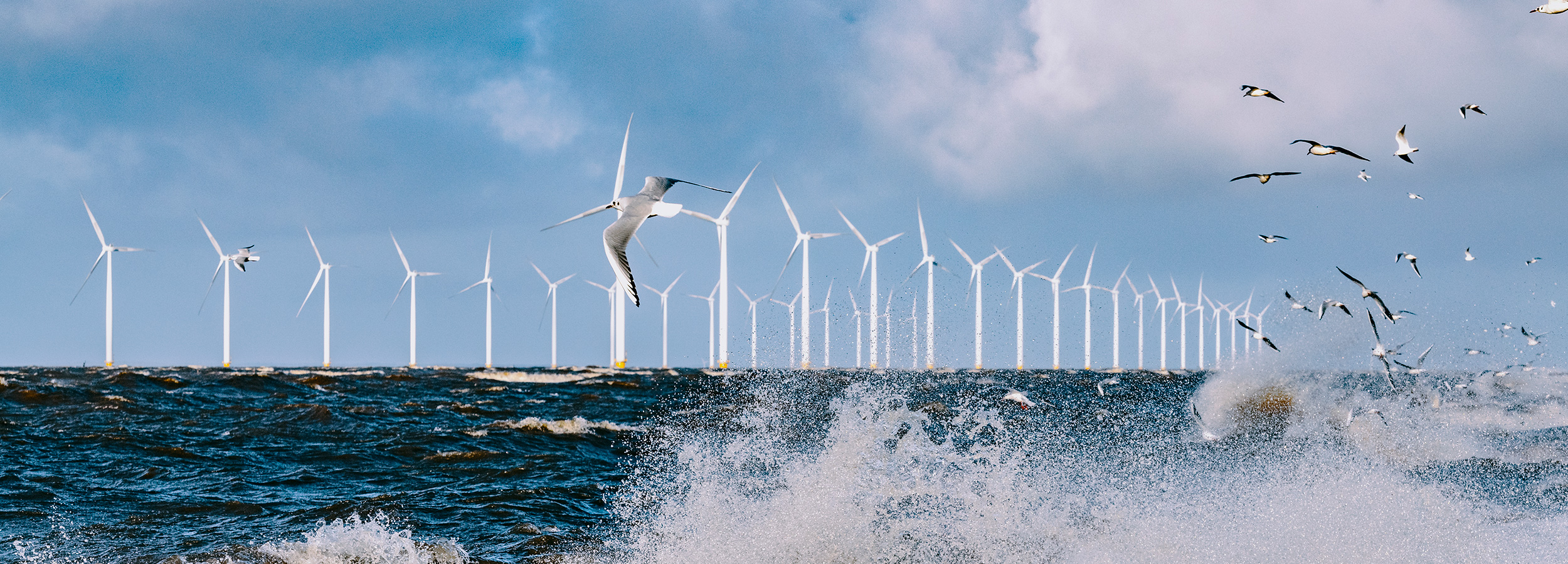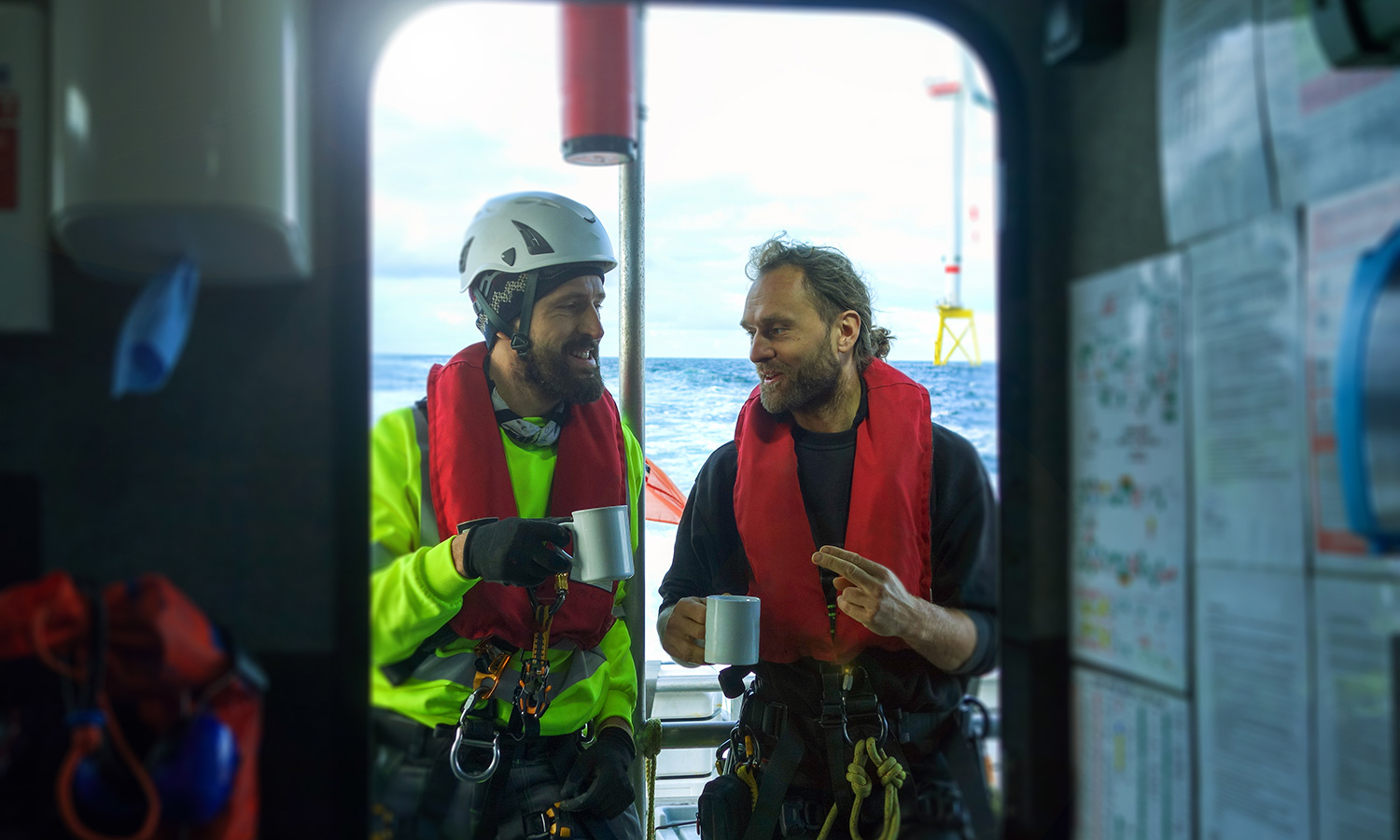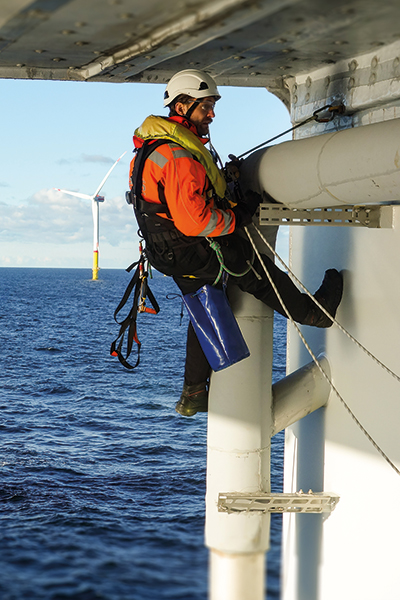
Offshore Coordinator
The coordination and monitoring of deliveries and inventory on offshore platforms are essential for their operation. You ensure that there is sufficient equipment in good condition and take care of supplies.
As an Offshore Coordinator, you are responsible for ensuring that the platform is always adequately supplied and that everything is in good condition.
Can’t find your dream job?
Send us your unsolicited application.
Tasks and work locations
As an Offshore Coordinator, you are always in demand, but the work is organized in “turns” of 14 days each. This means that you spend 14 days on the platform and then have 14 days off at home. During your time on the platform, you ensure that everything runs smoothly and take care of the onboard inventory. You document and coordinate all incoming deliveries, control and manage the inventory. Various factors come into play in these tasks. Additionally, there may be occasions when you are needed for various deck-related work and operations.


Career path
To become an Offshore Coordinator, there are two pathways: through vocational training or a university degree. Often, job postings accept both qualifications, so you are not limited to one option. If you choose vocational training, it should be in logistics, freight forwarding, industry, or trade. For a university degree, fields such as business administration or industrial engineering are suitable. However, it is also possible to make a career switch with sufficient professional experience.
Requirements and prerequisites
To succeed as an Offshore Coordinator in the wind energy industry, certain requirements must be met. Existing knowledge in logistics, such as waste management, is often desired. It is also important to be familiar with applicable regulations, laws, and ISO requirements in the field. You should be proficient in logistics software and have good computer skills, typically acquired during prior vocational training. In an internationally operating company, proficiency in English is also relevant for effective communication.
In addition to these professional requirements, there are certain personal attributes needed. This includes the ability to work independently and simultaneously manage multiple processes. You must be able to maintain focus for extended periods to ensure no details are overlooked. You should possess the ability to assess the current situation, sort deliveries, and coordinate everything effectively. This requires a high level of organizational talent and coordination skills. Furthermore, it is important to work reliably under pressure and in stressful situations since many processes on the platform depend on you and your actions.
Your role as an Offshore Coordinator takes place on offshore platforms, which requires two essential qualities: being seaworthy and being able to cope with separation from friends and family. Not having the opportunity to see loved ones for two weeks straight can be challenging. You must assess whether this is manageable for you.

FAQs about Offshore Coordinators
What is the salary for an Offshore Coordinator?
It is not possible to provide a generalized salary figure due to various factors. The salary of an Offshore Coordinator depends on factors such as work experience, specific vocational training or education, and the size of the company.
What education serves as a foundation for becoming an Offshore Coordinator?
To pursue a career as an Offshore Coordinator, vocational training is the simplest path. Suitable training options include warehouse logistics, warehouse specialists, or any commercial apprenticeships. Alternatively, a university degree in fields such as supply chain management or logistics is also relevant.